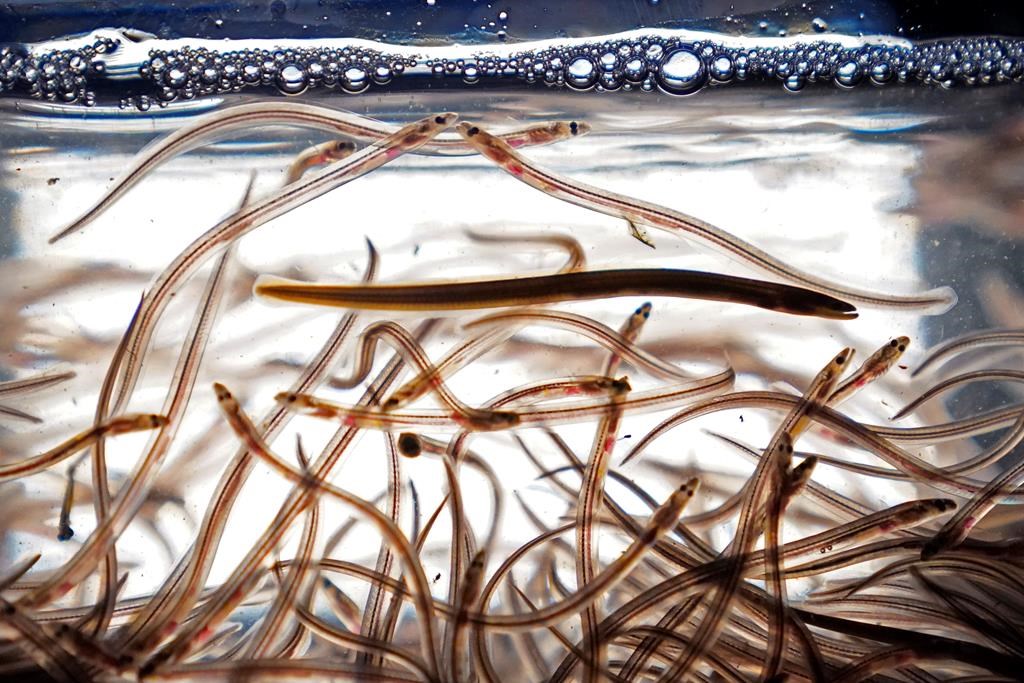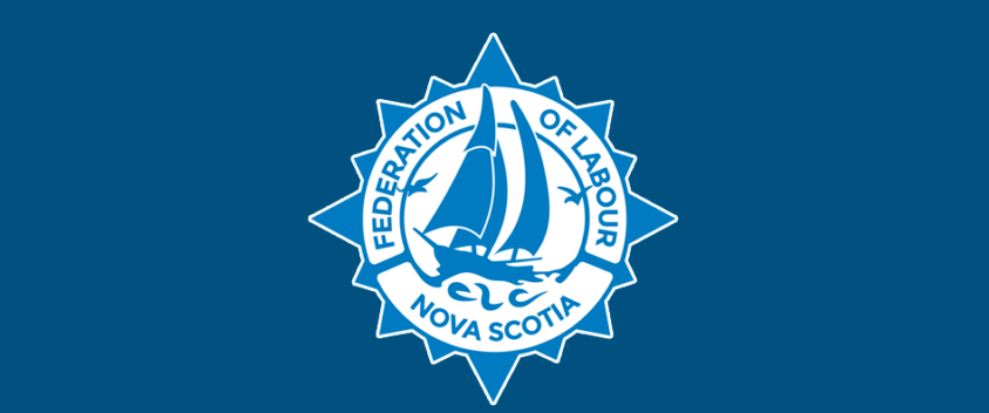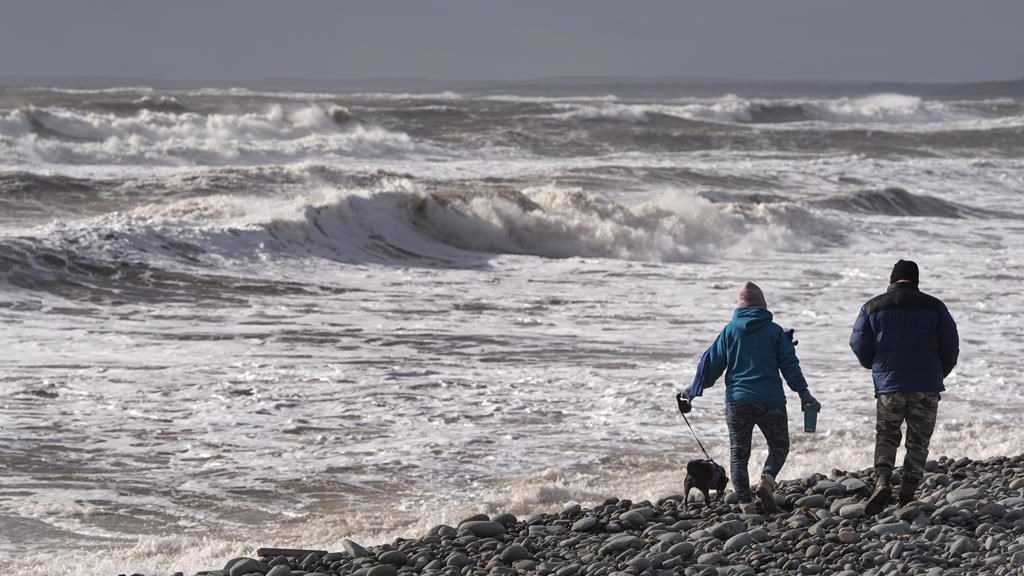RCMP charges former Tory adviser Bruce Carson with fraud after lengthy probe
Posted Jul 27, 2012 05:08:14 PM.
This article is more than 5 years old.
OTTAWA – The dizzying fall, resurrection and steep descent anew of Bruce Carson — from convicted felon to close adviser to Prime Minister Stephen Harper — took another turn Friday with word he’d been charged with influence peddling by the RCMP.
The Mounties issued a brief news release Friday that offered few details, other than that Carson is alleged to have accepted a commission for a third party in connection with a business matter relating to the government.
The RCMP investigation began in March 2011 amid the superheated atmosphere of pre-election Ottawa when the PMO contacted police with allegations Carson had illegally lobbied the federal government on behalf of a company that employed his girlfriend.
There was little hint of PMO rancour when Carson left the prime minister’s employ in 2008 to become executive director of the Canada School of Energy and the Environment — an institution that received $15 million in government funding.
On Friday, however, the tone was decidedly different.
“Immediately after being informed of these allegations last year, our government referred the matter to the RCMP commissioner, the ethics commissioner and the lobbying commissioner,” said PMO spokesman Andrew MacDougall.
“Any individual who doesn’t respect our laws must face their full force as well as the consequences that come with them.”
Carson, 66, is charged with one count of fraud on the government, also known as influence peddling, contrary to the Criminal Code. He’s scheduled to make his first court appearance on Sept. 10.
His lawyer, Pat McCann, said Carson, who is not in custody, has been served with a summons to appear in court on the appointed day.
“We don’t have much information yet,” McCann said. “Mr. Carson intends to vigorously defend the allegation.”
NDP ethics critic Charlie Angus called the charge of influence peddling a very serious one which goes to the very heart of holding government accountable in a democracy.
“Stephen Harper and his office only mentioned problems with Bruce Carson’s activities after the matter was made public by the media — as usual, Conservatives only acknowledge their ethical problems after they are caught,” Angus said in a statement.
“The prime minister still hasn’t explained, or taken any responsibility, for how his inner circle included someone with previous criminal convictions for fraud.”
Liberal MP Scott Andrews, the party’s ethics critic, wasted no time in adding the charge against Carson to a growing registry of ethics controversies currently dogging the Conservative government.
“Mr. Harper seems to have a penchant for surrounding himself with shady characters,” Andrews said in a statement, also mentioning several cabinet ministers who are at the centre of their own ethical imbroglios.
“If we are the company we keep, I would strongly suggest Mr. Harper re-evaluate who he chooses for his inner circle.”
Dean Del Mastro, Harper’s parliamentary secretary, has denied allegations by Elections Canada that he exceeded spending limits in the 2008 election campaign and then took steps to cover it up.
Earlier this week, the former campaign manager for federal Intergovernmental Affairs Minister Peter Penashue apologized for mistakes and omissions in paperwork after a review found Penashue’s team overspent the legal limit by $4,000.
And Industry Minister Christian Paradis, formerly Canada’s minister of public works, was cautioned by the ethics commissioner after he directed bureaucrats in his department to set up meetings in 2009 with two firms in his Quebec riding.
Paradis subsequently acknowledged the commissioner’s comments and insisted there was nothing untoward about the meetings.
In all three cases, none of the allegations has been proven in court and no charges have been laid.
Harper’s office first called the RCMP on Carson after allegations connected to a news investigation by the Aboriginal Peoples Television Network. The matter was also referred to the office of the conflict of interest and ethics commissioner and the commissioner of lobbying.
The network reported that Carson had allegedly been lobbying Indian and Northern Affairs Canada and the minister’s office on behalf of an Ottawa-based water company that employed his girlfriend. They were allegedly trying to sell water filtration systems to aboriginal reserves with water quality problems.
The APTN report was based on an email sent by Carson to company executives in which he claimed advance knowledge of John Duncan’s forthcoming appointment to the Indian Affairs portfolio.
It subsequently came to light that Carson was hired by the Prime Minister’s Office in 2006 despite having a criminal record, which he disclosed at the time. That revelation prompted opposition questions about screening processes inside the PMO.
During his PMO stint, it was publicly known that Carson had been disbarred by the Law Society of Upper Canada and jailed in the early 1980s for two counts of defrauding clients. Court documents showed another run-in with the law in 1990, while he was working as a researcher for the Library of Parliament.
Carson was charged with defrauding a rental-car outlet of a 1989 Toyota. He was also charged with defrauding two banks of sums exceeding $1,000 each.
In June 1990, Carson pleaded guilty to all three counts and received a suspended sentence and 24 months probation on condition that he continue treatment at the Royal Ottawa Hospital — a psychiatric institution — and make restitution of $4,000 within 23 months to the car-rental company.
Carson was one of the more experienced hands in Harper’s generally young government when it came to power in 2006, having worked in politics for decades. Many Conservatives lamented his departure when he left for Calgary in 2008.
Carson had dealt specifically with energy and environment issues inside Harper’s office. The opposition called his appointment a direct conflict of interest.
Former colleagues have said Carson was well-liked by MPs, whom he served on Commons committees, and described him as a bright, affable, easy-going individual who produced solid, reliable research.
He also impressed politicians in more than one party. According to a friend, he worked freelance for the Liberal caucus research bureau at some point during John Turner’s 1984-90 term as leader. He also served in the Progressive Conservative research service at the Ontario legislature and for Conservatives senators on the Hill during the 1990s.










